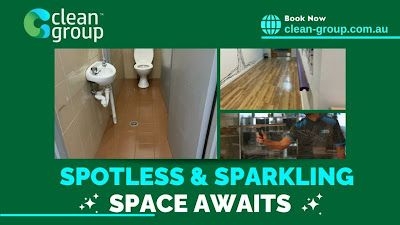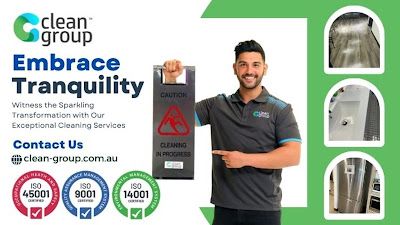
Emergency Cleaning Services for Commercial Properties
Office Hygiene Habits That Complement Professional Cleaning
In retail settings, commercial cleaning supports brand perception and consumer trust. Stores, malls, and showrooms must present an immaculate appearance to encourage customer engagement and repeat business. Floors must be spotless, restrooms fresh, and fitting rooms consistently maintained. Cleanliness in these areas often correlates with how customers perceive the quality of the products and services offered. Retail businesses may also require cleaning services during specific time windows to avoid interfering with operations, demanding flexibility and responsiveness from the cleaning staff.
Moreover, the integration of data analytics into the cleaning industry is beginning to transform the way services are delivered. Clean Group provides comprehensive and professional Commercial Cleaning Sydney across Sydney, NSW. Our fully insured, trained, and security-verified cleaners ensure your workplace stays spotless and hygienic. Schedule a free onsite quote today—book online or call us at 02 9160 7469. Get your obligation-free commercial cleaning estimate for offices, buildings, and other business spaces in Sydney.. Cleaning companies are starting to use data to improve their operations, track performance, and tailor their services to meet the specific needs of their clients. For example, some companies are utilizing smart sensors to monitor cleanliness levels in real-time and to optimize cleaning schedules. These sensors can detect areas that require more frequent attention and provide valuable data that can help cleaning companies allocate resources more effectively. Additionally, data-driven insights allow businesses to track their cleaning progress over time, ensuring that standards are consistently met. By incorporating analytics into their services, cleaning companies can offer more transparent and efficient operations, giving clients greater peace of mind.


